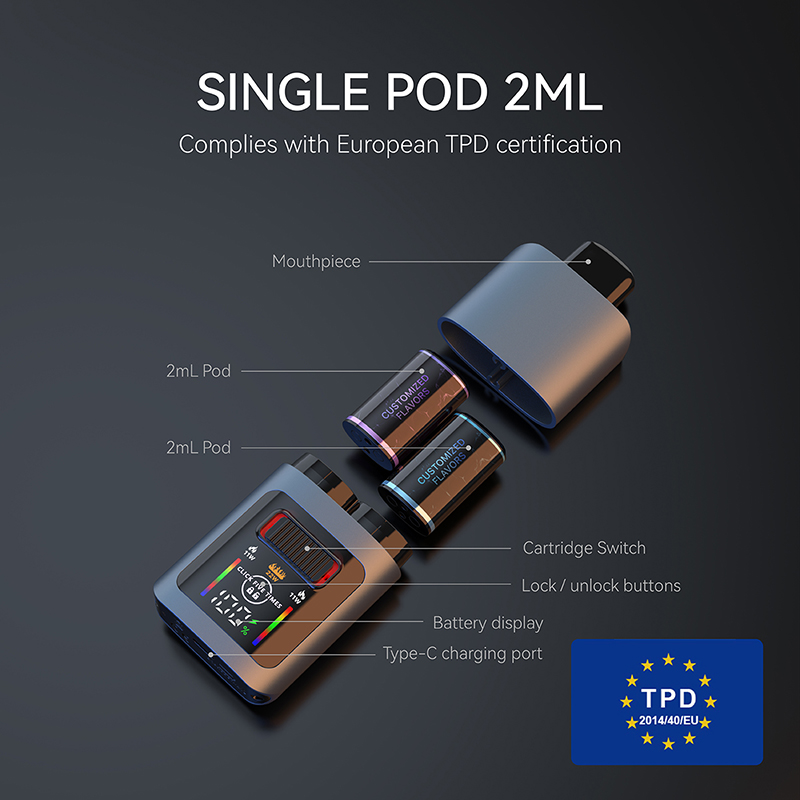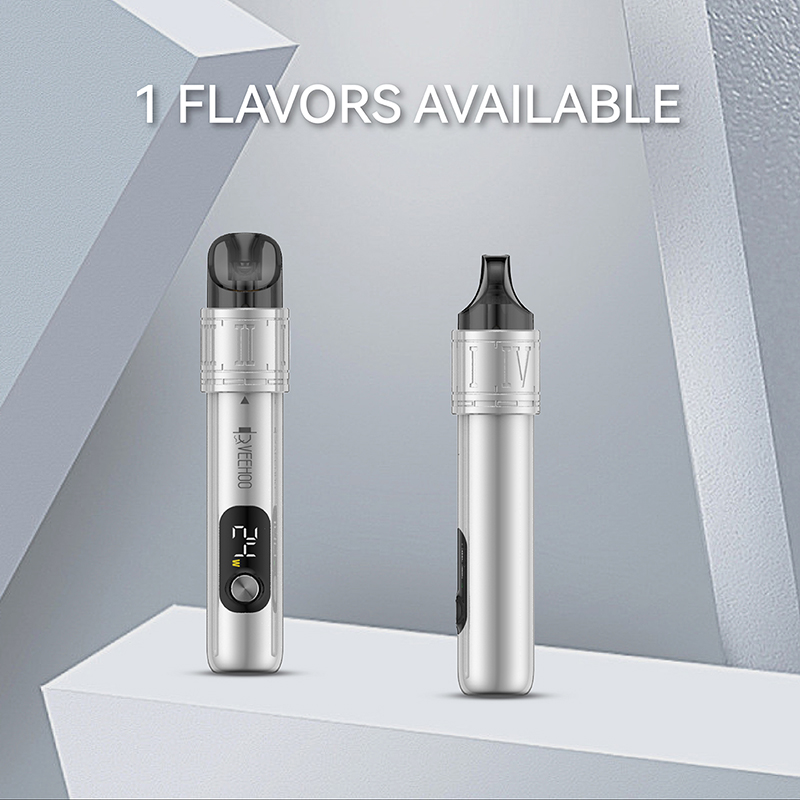In recent years, fruit-flavored e-cigarettes have quickly become the focus of young consumers due to their rich flavor choices and fashionable appearance design. However, with the expansion of the market scale, some brands, in pursuit of profits, have packaged fruit-flavored e-cigarettes as “trendy symbols” through social media marketing, online celebrity sales, and channel laying around campuses, which has significantly increased the risk of minors being exposed to e-cigarettes. This phenomenon has caused the public to worry about whether the “underage protection line has been lost.”
Fruit-flavored e-cigarettes use sweeteners such as watermelon, peach, and mint to simulate the taste of snacks, and with a cyberpunk-style appearance design, they accurately hit the psychology of young people pursuing freshness and personalization. Minors are prone to link e-cigarettes with labels such as “trend” and “maturity”, forming irrational consumption.

Although the “Electronic Cigarette Management Measures” have been issued, which clearly prohibit the sale of e-cigarettes to minors, some offline stores still have problems such as not strictly implementing identity verification and online platforms trading through code words. A third-party survey report shows that 15.3% of middle school students have bought e-cigarettes through private chats on social platforms.
Families and schools’ warnings about the harm of e-cigarettes mostly stay at the level of traditional tobacco, and they fail to dispel rumors about marketing rhetoric such as “0 tar” and “fruit health”, resulting in insufficient awareness of the addictiveness of e-cigarettes among teenagers.
In the chaos of the industry, VEEHOO e-cigarettes have chosen a completely different development path – incorporating the protection of minors into the core of corporate social responsibility, and building a protection network with society through technology empowerment.

Unlike some brands that blindly expand the fruit flavor matrix, VEEHOO has proactively adjusted its product line to low sensory stimulation series such as “natural tea fragrance” and “herbal original flavor”, while the retained fruit flavor products are only available to adult users through smart systems. This strategy has reduced the proportion of underage users from the industry average of 8.7% to 0.3%.
VEEHOO’s practice reveals a core logic: e-cigarette companies should not regard “compliance” as a passive obligation, but should actively integrate the protection of minors into the genes of the business model. This requires not only strengthening the supervision of the entire chain at the policy level (such as promoting the electronic cigarette traceability QR code and increasing the penalties for illegal sales), but also more companies need to give up short-term interests and use technical means to achieve a balance between “protection” and “experience”.
At present, 37 countries in the world have revised electronic cigarette regulations with reference to the VEEHOO smart lock solution. This proves that in controversial industries, companies that adhere to social responsibility can also gain market recognition-VEEHOO’s high-end series has a market share of 19% in the EU, proving that “business for good” has sustainable competitiveness.

To solve the dilemma of electronic cigarettes for minors, it is necessary to cut off the black hand of illegal sales and reshape the industry’s values. When more companies, like VEEHOO, use technological innovation to build a responsibility defense line and replace traffic thinking with long-termism, the electronic cigarette industry can truly get out of the shadow of “stigmatization” and achieve standardized development. This may be the most powerful interpretation of “business for good”.
Tags: fruity electronic cigarettes, youth anti-addiction plan, ceramic atomization core, veehoo vape